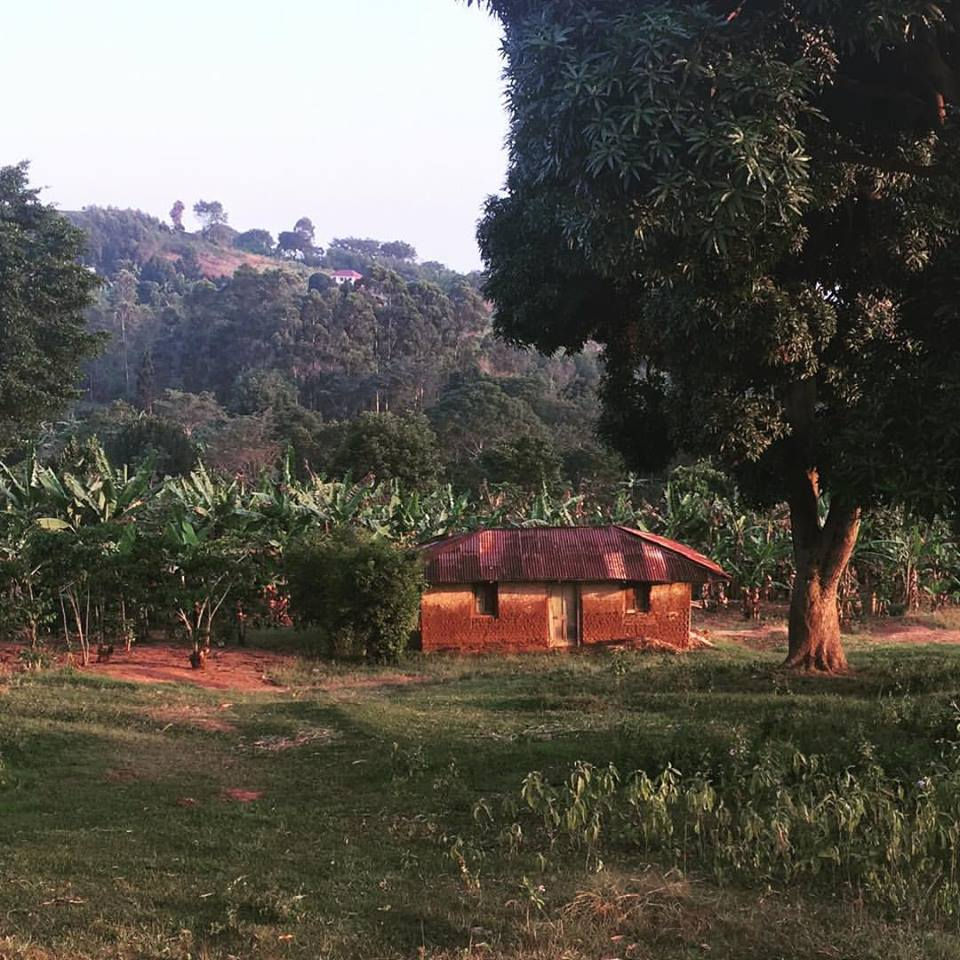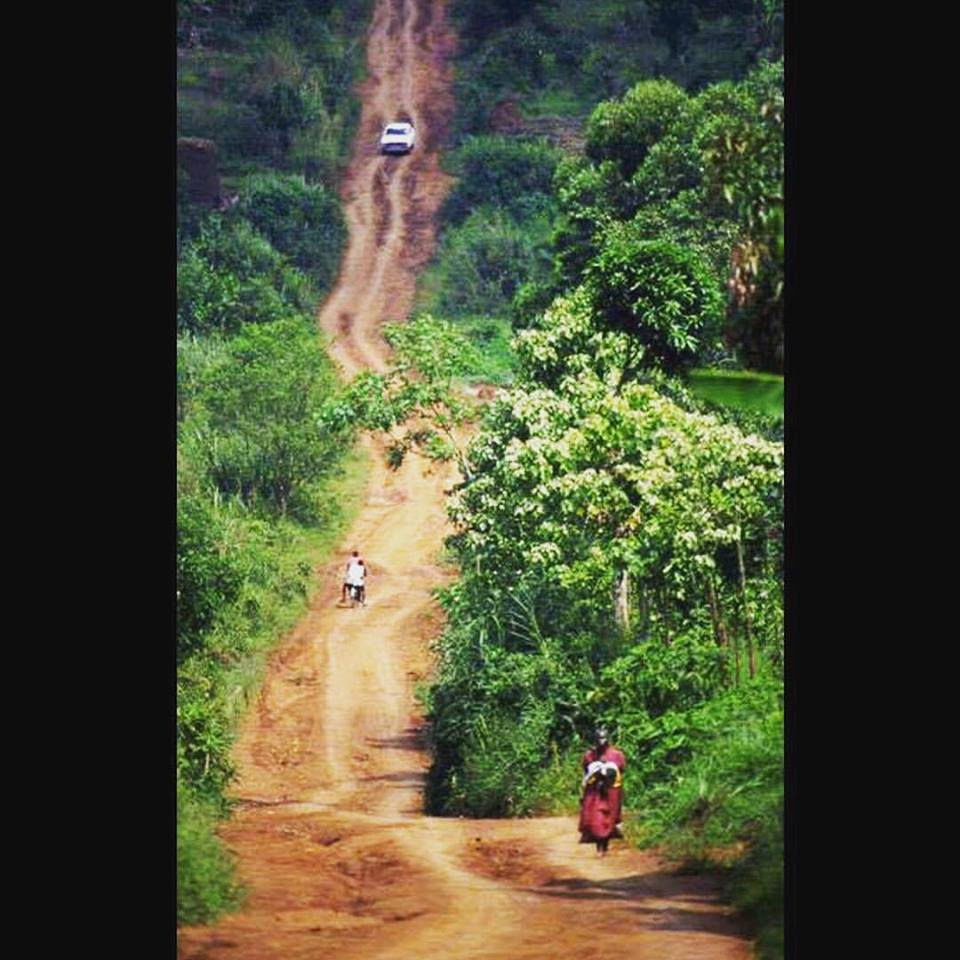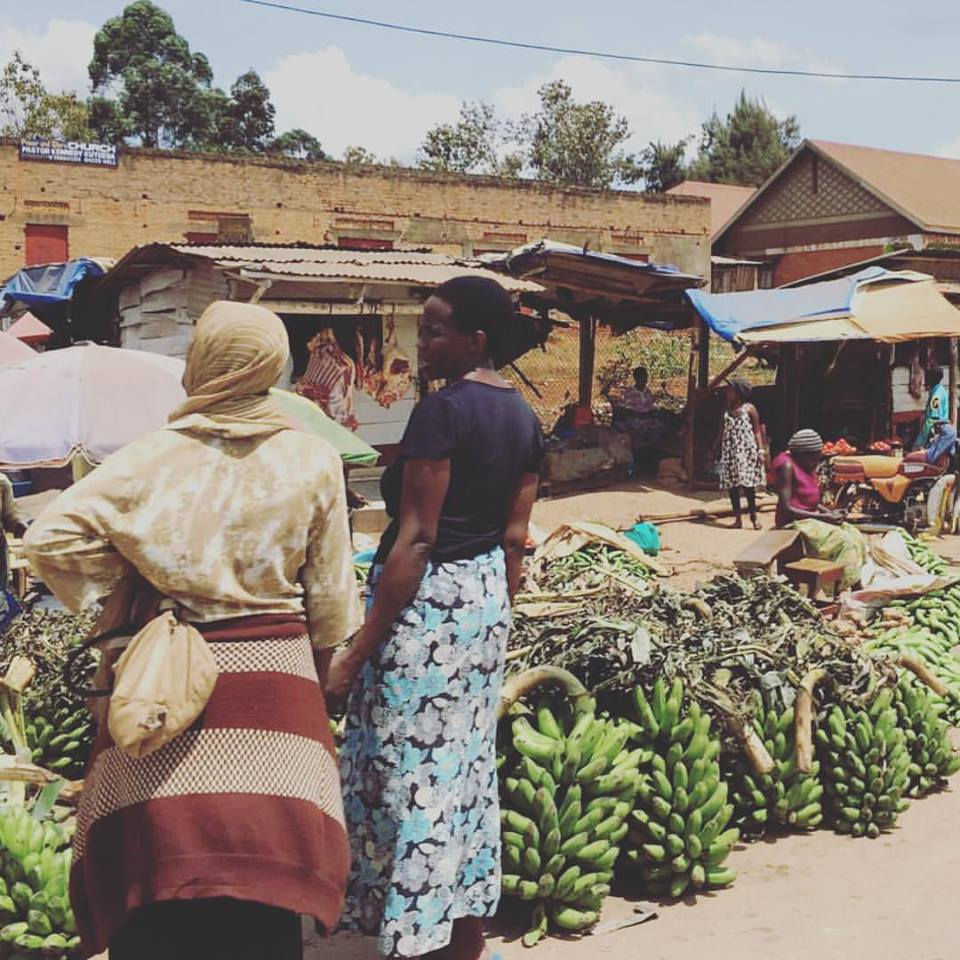August 9 is International Day of the World’s Indigenous Peoples.
- D. Nierenberg
- 9 ago 2016
- 2 Min. de lectura
This year’s theme is Indigenous Peoples and Education to highlight the importance of education and preserving indigenous knowledge. Around the world, many indigenous people cannot access the basic right to education. Their traditional methods of teaching, learning, and cultivating food are not always respected by education systems and teachers.

U.N. Secretary-General Ban Ki-moon explains that “their history, traditions, languages, and knowledge are part of the very bedrock of human heritage. Indigenous peoples can teach the world about sustainable lifestyles and living in harmony with nature. According to the United Nations, traditional knowledge is “the knowledge, innovations, and practices of indigenous and local communities around the world.” Indigenous people represent more than 370 million people and have more than 5,000 languages and cultures in different ecosystems around the world. In 2007, the General Assembly adopted the United Nations Declaration on the Rights of Indigenous Peoples. The declaration highlights their rights to build political, economic, and social systems, and participate in economic and traditional activities.
Many indigenous people are struggling to preserve their knowledge and traditions.Traditional knowledge is passed down from generation to generation.Unfortunately, there are growing pressures to the environment and the ecosystems on which indigenous peoples depend. “Indigenous people cannot access important natural resources they used to enjoy, such as traditional foods and medicines, adequate water supply, game meat, and honey, due to excessive exploitations of the habitats,” says Joseph Goko Mutangah of the Kenya Resource Center for Indigenous Knowledge.

By preserving the knowledge and increasing access to information, new and innovative solutions can be developed to improve food security and prevent environmental degradation in indigenous communities, according to the U.N. Food and Agriculture Organization. For example, in Soroti, Uganda, farmers are using indigenous knowledge to grow crops. According to the World Food Programme, food security has improved and non-governmental organizations have stopped distributing food to households in the area.

“We are finding that where traditional knowledge is being revived, food security outcomes are better,” says Dr. Jagjit Plahe, convenor of Monash University’s food security group.

(Photos credit: J. Carrera, FGH Agro staff)


























Comentarios